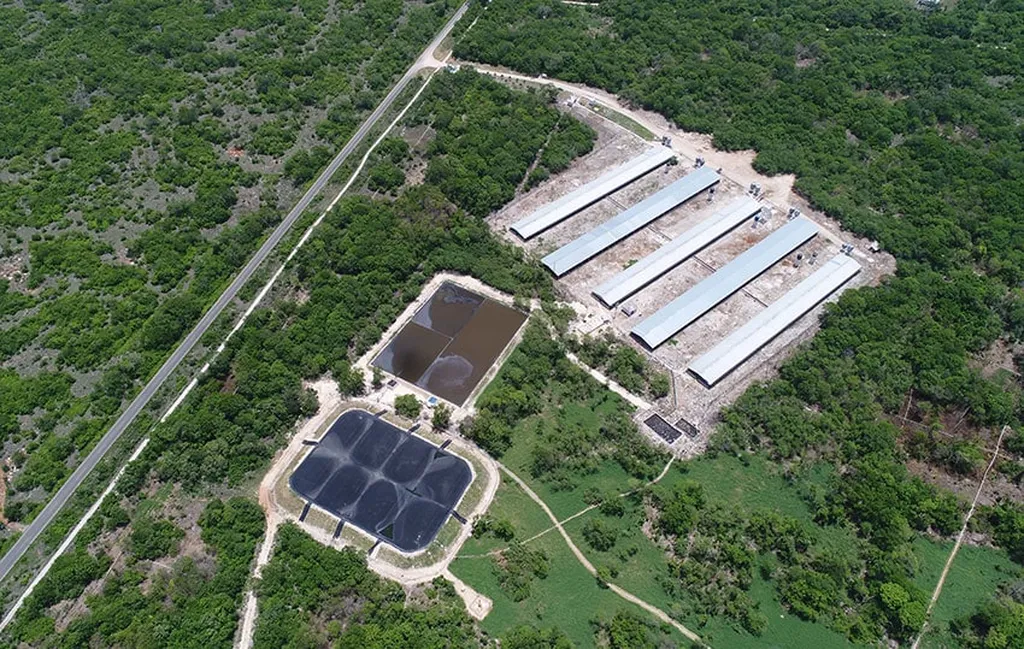In the heart of Mexico’s Yucatan Peninsula, a quiet revolution in pork production has been underway since the region was declared free of swine fever two decades ago. The Mexican company Kekén, now the nation’s largest pork exporter, began constructing industrial-scale farms capable of housing up to 48,000 hogs each. Today, the landscape is speckled with several hundred of these facilities, an estimated 90 percent of which operate without environmental permits. This rapid expansion has sparked a contentious debate, pitting economic growth against environmental and social concerns, with significant implications for the agriculture sector and investors.
The environmental impact of these industrial farms has become a pressing issue. Independent testing has revealed that effluent from the farms’ waste lagoons has contaminated the region’s groundwater and springs with high levels of nitrogen, phosphorus, fecal coliform, and animal medications. These pollutants have been correlated with an increase in intestinal infections in nearby towns, raising serious health concerns among local communities.
The socio-environmental fallout has been captured in the 2024 documentary “Slaughter-land,” directed by Argentinian filmmaker Patricio Eleisegui and his Mexican colleague Maricarmen Sordo. The film exposes how the industry, with government support but without prior consultation with Indigenous groups—a legal requirement—threatens the survival of the region’s Mayan communities. The documentary highlights protests by Indigenous communities against land seizures and environmental contamination, underscoring the social unrest that has accompanied the industry’s growth.
For the agriculture sector, the situation in Yucatan serves as a cautionary tale. The rapid expansion of industrial farming without adequate environmental safeguards can lead to significant ecological damage and social conflict. This can tarnish the reputation of the sector, making it more difficult to attract investment and secure market access. Investors, too, must tread carefully. Environmental and social risks can translate into financial risks, with potential legal liabilities, reputational damage, and operational disruptions.
The case also underscores the importance of sustainable and inclusive practices in agriculture. Investments in environmental management, community engagement, and sustainable practices can mitigate risks and contribute to long-term success. Moreover, as consumers and regulators worldwide increasingly prioritize environmental and social responsibility, companies and investors that fail to address these issues may find themselves at a competitive disadvantage.
The Yale Environment 360 Film Contest, which honored “Slaughter-land,” aims to raise awareness about such environmental issues. The contest’s recognition of the film highlights the growing importance of environmental storytelling in shaping public discourse and policy. For the agriculture sector and investors, the message is clear: environmental and social responsibility is not just a moral imperative but a strategic necessity.

